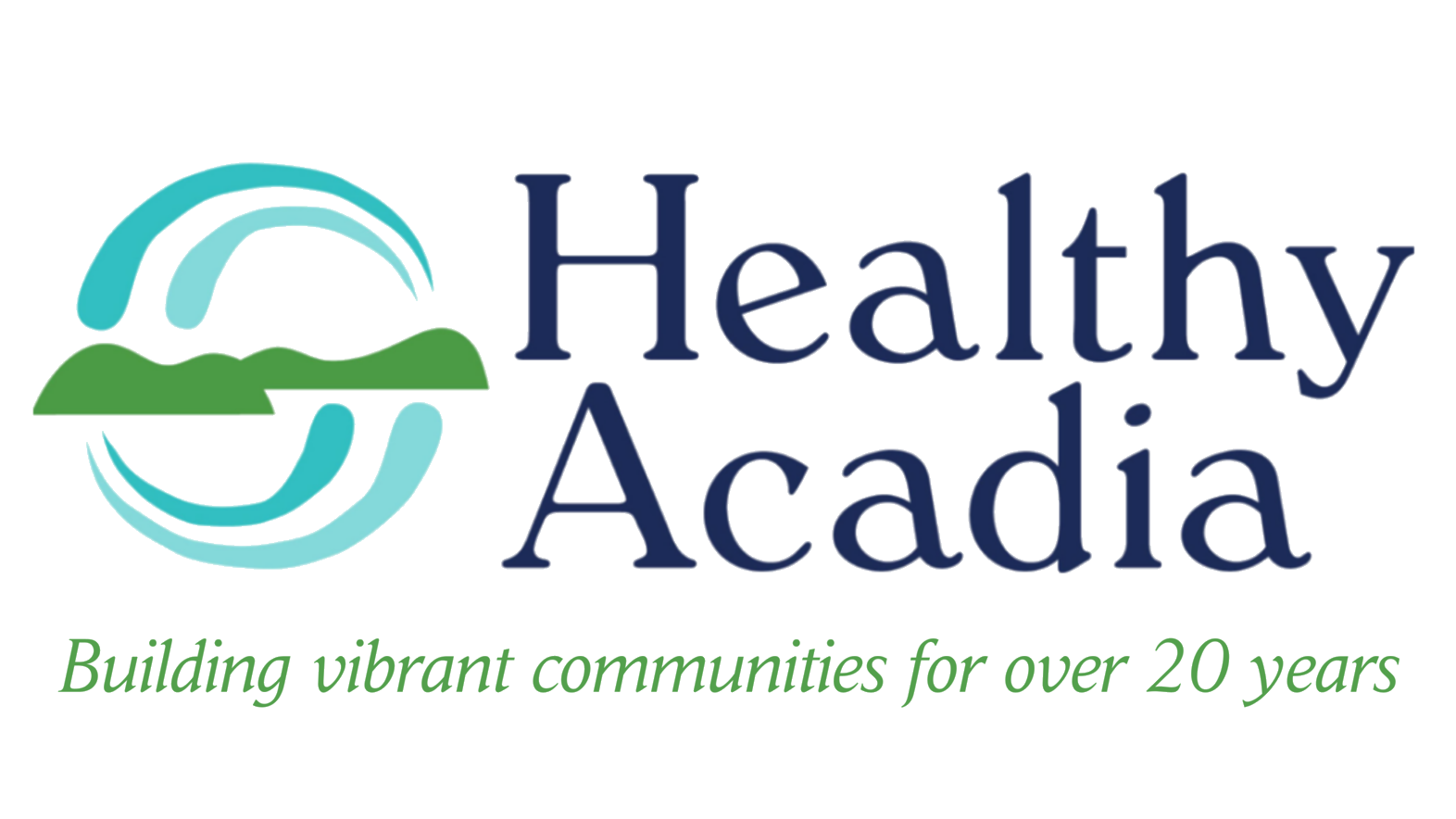Eastern AHEC June 2024 Rural Health Immersion - Student Reflection: Alexander
Healthy Acadia has served as Maine’s Eastern Area Health Education Center (AHEC) since 2023. Our AHEC service area includes Washington, Hancock, Waldo, and Knox counties.
Maine AHECs provide community-based clinical training experiences to health professions students; encourage Maine youth to pursue careers in the health professions; offer training and continuing education programs to practicing health professionals; and develop public health approaches to address current and emerging community needs.
As part of this program, Healthy Acadia and community partners work together to create rural health immersion opportunities for health professions students to learn more about rural and underserved communities, including Rural Health Immersions (RHI) for Care for the Underserved Pathways (CUP) AHEC Scholars. and community-based experiential learning opportunities for non-CUP scholars.
We will periodically publish guest blog posts from AHEC Scholars who have agreed to share their experience with the program.
Guest post contributed by Alexander Dyke, UNE COM Student. Alexander participated in our June 2024 RHI and reflects on the experience.
Nestled in the coastal town of Milbridge, Maine, there is a small and local community with a just single dentist, and the next more than 1 hour away. Amidst the challenging backdrop of the COVID-19 pandemic, a dental hygiene practice named Prevention is Key emerged, marking a milestone for dental care in the area. This initiative was spearheaded by an Independent Practice Dental Hygienist (IPDH) who, despite having no prior experience in this scope of practice, ventured into this unique and much-needed service.
The opening of "Prevention is Key" was more than just a professional endeavor; it was a response to a dire community need. The pandemic had exacerbated existing healthcare gaps, particularly in rural areas like Milbridge, where access to dental care was already limited. The presence of only one dentist for miles around underscored the critical need for additional dental health services.
The practice focused on preventive care, emphasizing the importance of regular dental check-ups, cleanings, and education on oral health. This proactive approach was vital in a time when many were hesitant to seek dental care due to pandemic fears.
During my visit, I was struck by the dedication and resilience of the IPDH. Operating in a small, tight-knit community, they had managed to build trust and rapport with the residents. The practice had become a cornerstone of the community, offering not just dental services, but also a sense of reassurance and stability during uncertain times.
Another inspiring aspect of community health I encountered was the work of Mano en Mano, an organization dedicated to supporting immigrant farm workers in Maine. This initiative highlighted the intersection of healthcare and social justice, focusing on the unique needs of both seasonal and long- term immigrant farm workers.
Maine's agricultural sector relies heavily on the labor of immigrant workers, many of whom face significant barriers to accessing healthcare. Language barriers, lack of transportation, and fear of deportation are just a few of the challenges that hinder their access to medical services. Mano en Mano addresses these issues through its mobile health units, bringing essential healthcare services directly to the workers.
The mobile health units provided a range of services, from basic medical check-ups to mental health support. These services were crucial in ensuring that farm workers received the care they needed without having to navigate the complex and often unwelcoming healthcare system on their own.
Along with these mobile health services, they provide a food pantry of culturally relevant cuisine, childcare through the bilingual Blueberry Harvest School, housing programs, Migrant Education Services (MES), and sponsoring traditional celebrations. This connection to the community allows for a full scope of resources and intertwining between where they moved and where they live.
Reflecting on these experiences, I am profoundly moved by the power of community-driven healthcare initiatives. Both "Prevention is Key" and Mano en Mano exemplify the impact of dedicated individuals and organizations in addressing healthcare disparities. These initiatives not only provide essential services but also foster a sense of community and support that is vital for overall health and well-being.
My visits to Milbridge and the Mano en Mano mobile units have deepened my appreciation for the role of healthcare professionals in underserved areas. Their resilience, innovation, and commitment to community health are inspiring. These experiences have reinforced my belief in the importance of accessible healthcare for all, regardless of location or socio-economic status.


